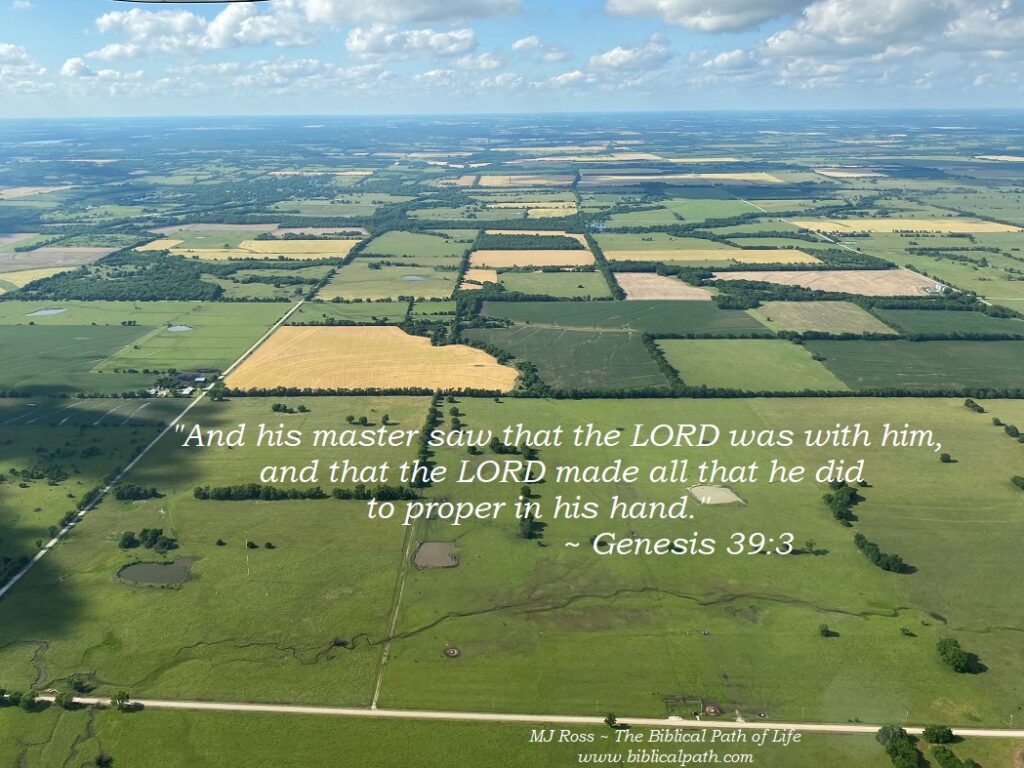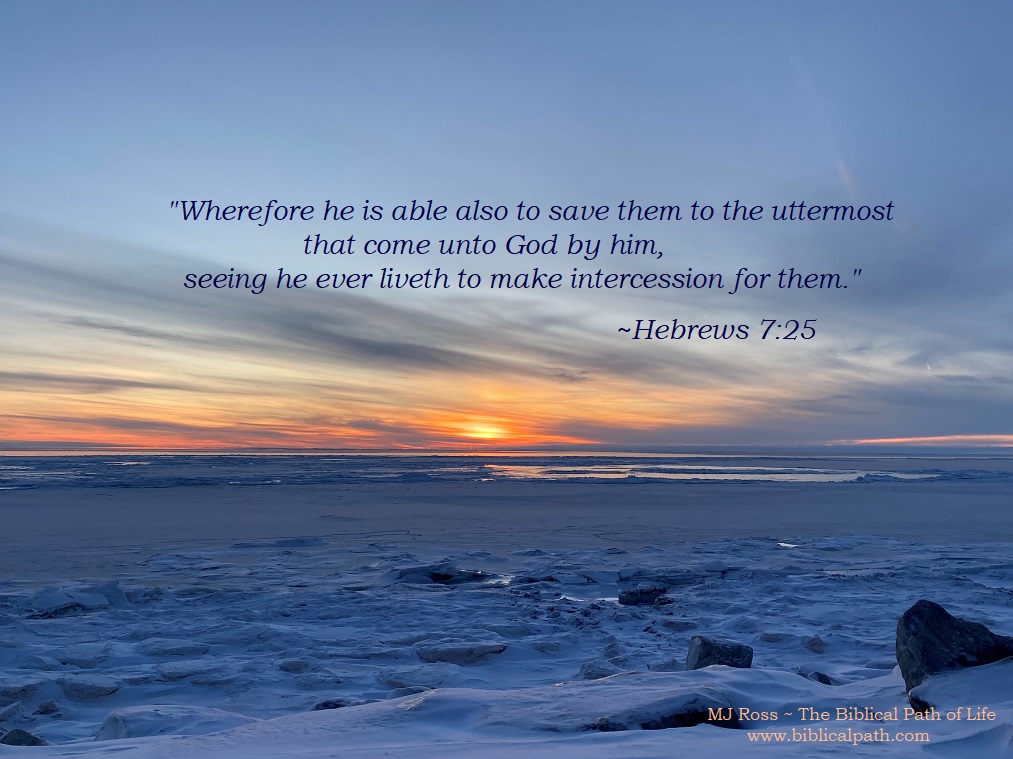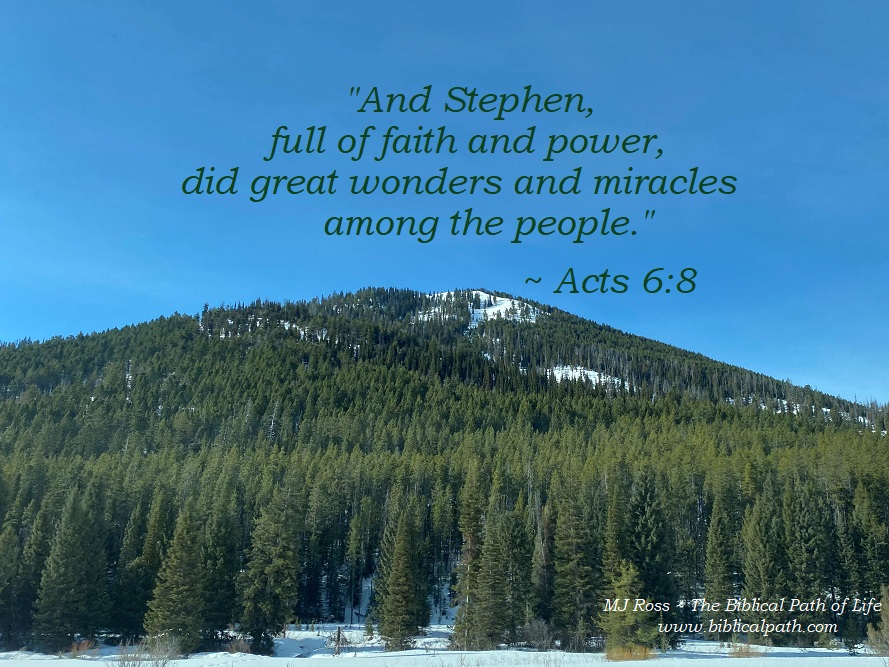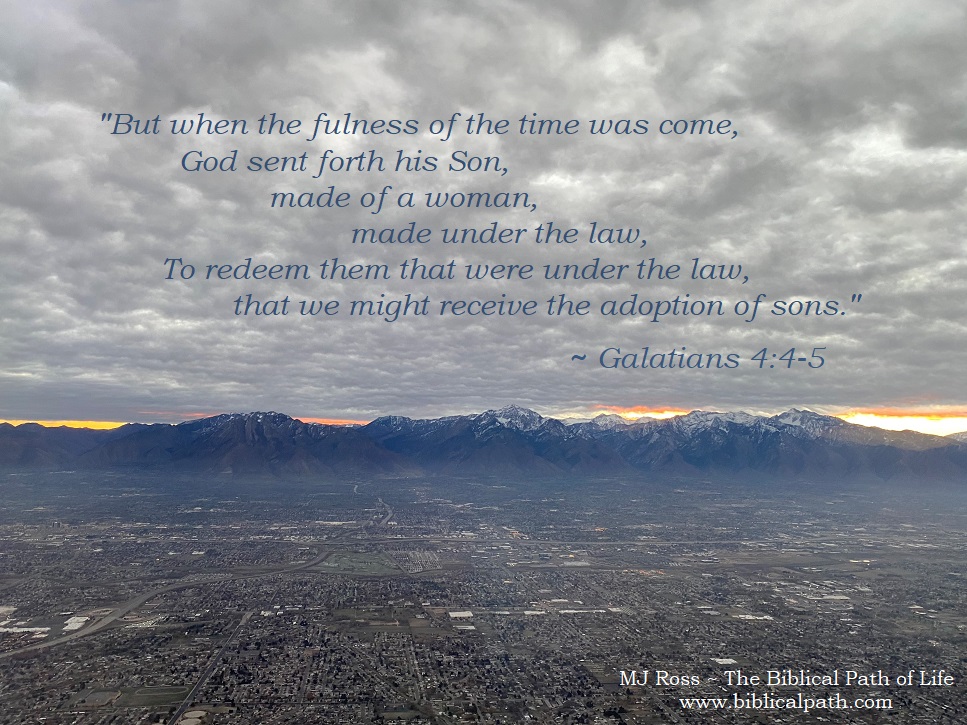
“For unto you is born this day in the city of David a Saviour, which is Christ the Lord.”
Luke 2:11
In Malachi, attention was brought to the fact that God recognized those few who truly feared God, rejected the sin, and obeyed His commands. “Then they that feared the LORD spake often one to another: and the LORD hearkened, and heard it, and a book of remembrance was written before him for them that feared the LORD, and that thought upon his name” (Malachi 3:16). God not only saw them, He heard them. God knew them and wrote of them in a special book of remembrance. These people obviously loved God and sought to know Him more – for they thought upon His name. Remember that the things that one lays to heart are the things that are the most important to one. When one continually thinks upon God, God will continually be in that heart and mind. They were to remember to look for the One God promised from the beginning (see Genesis 3:15). Those people “spake often one to another: and the LORD hearkened, and heard it” (Malachi 3:16a). They encouraged each other often, and God heard.
As we come to the New Testament after about four hundred years of no new word from God, understand that there were still a few people who truly feared God and thought upon His name. Recognize a few who either heard or witnessed the birth of the One who had been promised throughout the Old Testament: Jesus.
In Luke, Zacharias and Elizabeth learned they would have a child born to them in their very old age. This child, John, would be the one “make ready a people prepared for the Lord” (see Luke 1:17). The Lord was Jesus, the One promised in the Old Testament.
An angel came to Mary telling her that she had “found favour with God.” Mary would bring forth a son, and call his name Jesus, “the Son of the Highest” (see Luke 1:26-38). Her reply? “And Mary said, Behold the handmaid of the Lord; be it unto me according to thy word” (Luke 1:38a). She chose to obey God’s plan.
Mary visited Elizabeth (see Luke 1:39-45). Elizabeth recognized Mary was carrying the child Jesus (before He was born).
In Matthew, we are introduced to a man named Joseph, espoused to a young virgin named Mary. “Now the birth of Jesus Christ was on this wise: When as his mother Mary was espoused to Joseph, before they came together, she was found with child of the Holy Ghost” (Matthew 1:18). Joseph wanted to “put her away privily.” However, as he thought on these things, an angel came to Joseph and told him what was happening (see Matthew 1:18-25). Joseph chose to obey God’s plan.
Joseph and Mary went to Bethlehem (per the decree of Caesar Augustus) where Jesus was born (see Luke 2:1-7). Angels told the shepherds in the fields who were watching their sheep, “For unto you is born this day in the city of David a Saviour, which is Christ the Lord” (Luke 2:11). They were told where to find Him. What did the shepherds do? “And it came to pass, as the angels were gone away from them into heaven, the shepherds said one to another, Let us now go even unto Bethlehem, and see this thing which is come to pass, which the Lord hath made known unto us” (Luke 2:15). They chose to go see Jesus for themselves. “And they came with haste, and found Mary, and Joseph, and the babe lying in a manger” (Luke 2:16). They found Jesus, and they told everyone (see Luke 2:17-18).
Joseph and Mary took Jesus to the Temple when He was eight days old (according to the Law). Simeon went to the Temple that day (see Luke 2:21-35). He recognized that the baby, Jesus, was the Lord’s Christ (Messiah). What was his reaction? “30. For mine eyes have seen thy salvation, 31. Which thou hast prepared before the face of all people; 32. A light to lighten the Gentiles, and the glory of thy people Israel” (Luke 2:30-32). Simeon recognized Jesus, the Messiah.
Anna came in that instant (see Luke 2:36-38). “And she coming in that instant gave thanks likewise unto the Lord, and spake of him to all them that looked for redemption in Jerusalem” Luke 2:38). Anna recognized and acknowledged Jesus.
In Matthew, we are introduced to many people: wise men, Herod the king, all Jerusalem, chief priests, and scribes (see Matthew 2:1-12). The wise men were looking for the new king who was born. The chief priests and scribes told them He would be born in Bethlehem (see Matthew 2:5-6). Although all heard where the new king would be born (wise men, Herod the king, all Jerusalem, chief priests, and scribes), only the wise men went to see Jesus where they fell down and worshiped Him (see Matthew 2:11). The wise men recognized Jesus.
Many heard of Jesus. Only a few recognized just Who Jesus is. Each one of them had the choice: to believe, or to not believe in Jesus, God’s Son. Remember what Jesus said. “16. For God so loved the world, that he gave his only begotten Son, that whosoever believeth in him should not perish, but have everlasting life. 17. For God sent not his Son into the world to condemn the world; but that the world through him might be saved.18. He that believeth on him is not condemned: but he that believeth not is condemned already, because he hath not believed in the name of the only begotten Son of God” (John 3:16-18).
Have you only heard of Jesus?
Or
Have you recognized Jesus, God’s Son, believing upon Him for salvation?
What to to when you believe upon Jesus.








